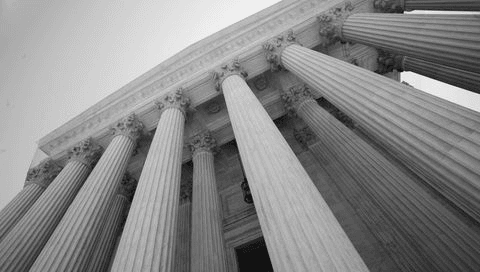The court found the use of multiple layers of maps that enables users to zoom into and out of a geographic area to be an unpatentable abstract idea. The court stated that “maps of cities have long existed that depict structures and include identifying marks that direct a user to information about those structures.” The court found no innovative concept in the use a “non-text based system” used to provide a user with information about a particular store; nor did the court agree that the patent addresses a challenge particular to computers or the Internet. According to the court, the patent merely “addresses a problem ‘known from the pre-Internet world’: navigating through maps and locating information about structures appearing on those maps.” Further, the court noted that, because the subject matter of the claims is readily ascertainable from the face of the ’143 patent, claim construction is not necessary for the court to consider the patent-eligibility of the claims, and a Section 101 analysis is properly conducted at the 12(b)(6) stage. The court therefore dismissed Peschke’s suit.
Peschke Map Techs. LLC v. Rouse Properties, Inc., No. 1-15-cv-01365 (E.D. Va. Mar. 8, 2016) (O’Grady).
Court Finds Computer-Based Map Navigator Patent Invalid Under Section 101




